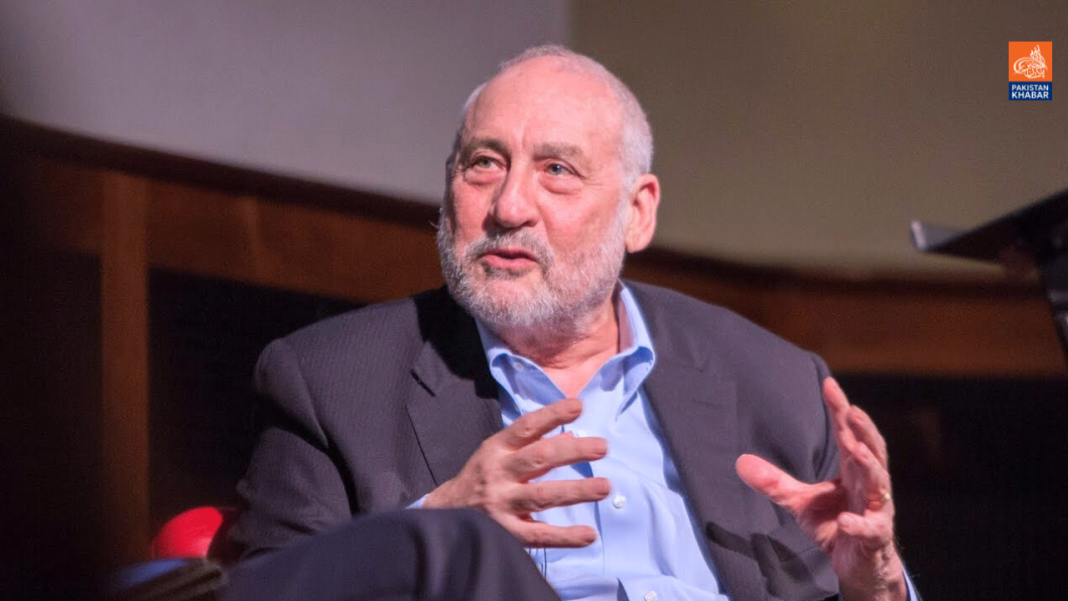Despite severe restrictions, the desire for freedom and citizen-based democracy is growing worldwide, with no apparent end to the current plight of the frustrated majority in the existing social structure.
In the realm of ideas on how to address these issues, updated economic literature highlights various issues in freedom and democracy, clearly articulated by great thinkers and statesmen, though now often forgotten.
In his latest book, “The Road to Freedom — Economics and the Society,” Joseph E. Stiglitz asks: “What happens when one person’s freedom comes at the expense of another’s; the freedom of some to harm others, or the freedom of others not to be harmed? What is the meaning of the right to vote for one who is starving? What about the freedom to live up to one’s potential?”
As an advisor to former US President Bill Clinton, Mr. Stiglitz recalls strongly opposing the deregulation of finance, understanding that “freeing” the financial sector would ultimately make it less free. After his departure, the US Congress ignored his advice, leading to deregulation and liberalization that he argues set the stage for the 2008 financial crisis.
“If inequality grows too extreme, aggregate demand stagnates, and political backlash against the system grows,” Francis Fukuyama wrote in his book “Liberalism and its Discontents.”
Pakistan is not immune to these international trends, nor are many other countries. However, as Dawn’s editorial piece “Constitutional limits” states, “What gives one hope is the fact that conversations about protecting the constitutional order are taking place, even in a suffocating atmosphere. Pakistan’s salvation lies in all institutions staying within their legal bounds and letting civilian setups govern with freedom. Only if the democratic process is allowed to continue unhindered can the system correct itself.”
Of course, as these analysts point out, many pieces are still missing from this puzzle — a transparent electoral process, and political parties’ maturity and tolerance for each other, to name a few.
Freedoms need to be rethought as economic and societal change.
“Democracy requires compromise if it is to remain politically sustainable,” says Mr. Stiglitz. Politics involves navigating a world with significant differences of opinion on collective action. He warns, “Lack of compromise leads to instability in politics, policies, and programs with large social and economic consequences.”
Recognizing that freedom of speech and religion was not enough, former US President Franklin D. Roosevelt added that people needed freedom from want and fear to secure a healthy and peaceful life for all nations. Freedom from fear requires a worldwide reduction of armaments to prevent any nation from committing aggression against another.
Joseph Stiglitz argues that a person facing extremes of want and fear is not free, nor is someone whose ability to live a full life is impeded by poverty. As John Stuart Mill said, “Freedoms need to be rethought as economy and society change.”
In the chapter “A decentralized economy with a rich ecology of institutions,” Mr. Stiglitz advocates for a decentralized US economic system with many enterprises and entities making decisions independently. The world is too complex for the central planning communism called for over 100 years ago. Mr. Fukuyama also supports decentralization.
Mr. Stiglitz observes that a rich ecology of institutions, with many units experimenting and learning about their own capabilities, technology, and others’ needs, benefits society. Different units can have different objectives and methods, generating diverse learning experiences.
A German saying goes, “All kinds of little people doing little acts in little ways in little places have changed the world.” Reflecting on the emerging scenario a few decades ago, a Pakistani social scientist suggested that both citizens and leaders must actively participate in building a democratic, egalitarian, and progressive society.
Shahid Mahmood, an economist and research fellow at the Pakistan Institute of Development Economics, says, “Our model of economic management does not require brilliant, hardworking, innovative people, transformative ideas, creativity, or competition, nor is there an incentive structure — financial or societal — that rewards such traits. This largely explains why Pakistan is an economic laggard.”
There is also a backlash against public policies in the country, similar to elsewhere. Analysts note, “Pakistan is experiencing seismic disruptions in its social order. Recent developments in Balochistan, Khyber Pakhtunkhwa, and Islamabad depict a society in flux, facing severe internal pressures due to tensions between the state and its people. As a result, the country’s challenges, instead of being contained, now seem to be expanding.”




